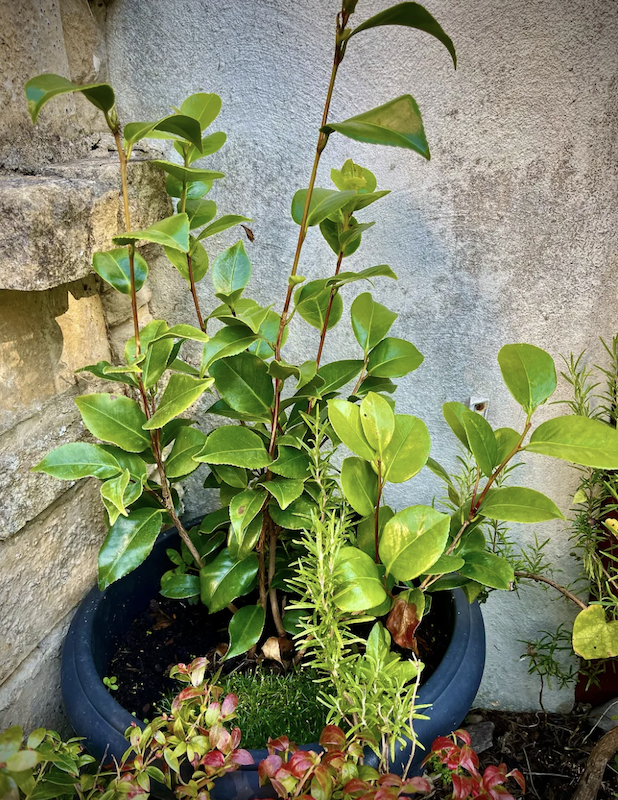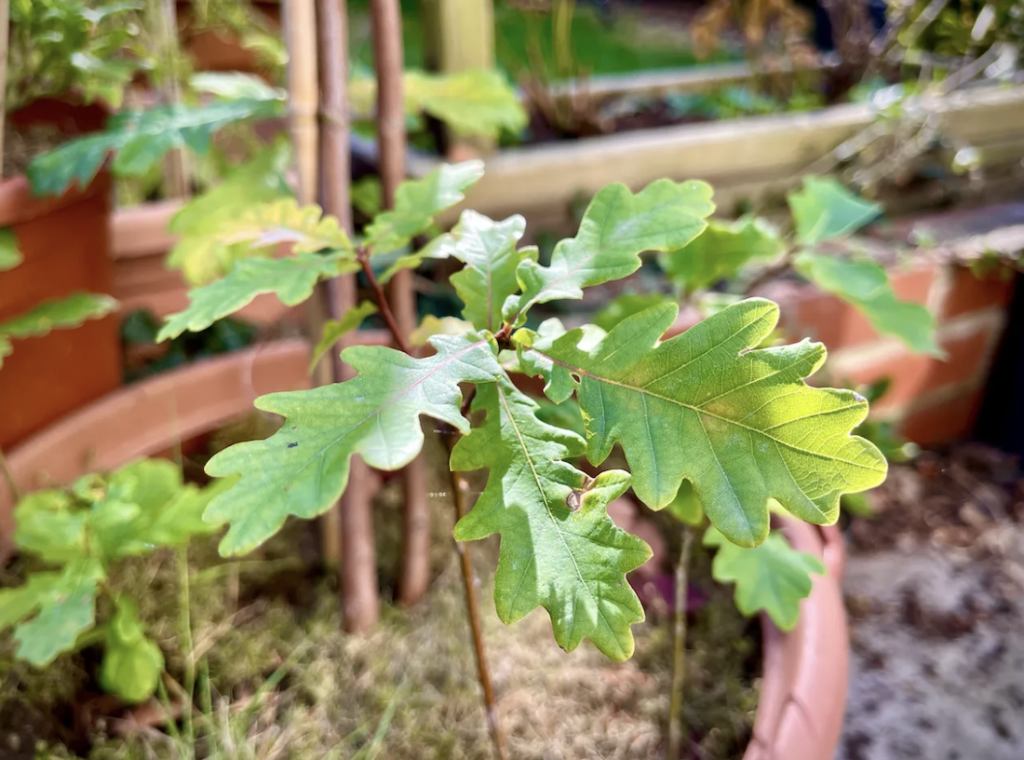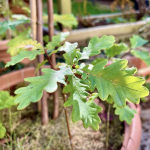On collective grief and the importance of hope
Good morning! This post is longer somehow because I have more time to write and more things to share. Autumn came early this year, and as we approach the end of September, we are also entering the seasonal advertising period. I don’t know how you feel about PR and advertising – I listen to it now and again for patterns but promptly switch it off. These days it’s designed to trigger intense emotions, and I prefer to feel softly…
Although, I would like to see if a more gentle approach to social media advertising even works these days. Advertising and social media advertising are industries, but they are also technically neutral platforms: radio, tv, social tv, Twitter ads etc…all have options we follow, the content we choose and copy we draft. We have so many opportunities to craft a more human-friendly, dopamine-free advert if we wish to…
I am digressing, though. I do this because my brain and heart are tired of this week’s gravity: it was dominated by collective grief. And when we grieve, we also need to rest from those strong emotions now and again, so we escape into something else (check out the dual grief model). And that’s okay; that’s how we restore to heal again.
On Monday, I watched the state funeral of Queen Elisabeth II and cried. So I was feeling the pain of their loss. I connect with collective grief anyway. But this was a bit more personal. I worked with Princes Charities on their digital fundraising guide, trained their staff and finally visited the Clarendon House for a lovely Christmas Charity evening (with an opportunity to get a glimpse into more personal aspects of the Royal Family’s life). I remember their family photo on the piano in the living room and a chat about their evening hobbies and activities to restore after a long day of public engagements. I know…many think of this lifestyle as privileged, and I won’t argue that. The connection I am making here is with their humanity – their everyday, human life experiences. And, by extension, their feelings of loss.
A good friend gave me a very special acorn the other day – a baby of a giant, ancient Welsh tree. I kept it to mark the death of our Queen with my quiet grieving ritual: planting trees. I paused my otherwise busy day just for a moment to place the majestic acorn in the soft soil under my baby camelia tree, under moss and in a well-shaded garden area. Maybe this Royal Oak Descendant will grow, perhaps not – Nature will decide. I hope it will, and I hope it will cheer us all up.

Nature can hold complexity so well, hence why I like to plant and grow trees when people die in my life. To me, trees remind me of the mystery of the world’s construction. They remind me of the cycle of life.
I am well aware that for us, the people, the state funeral means cost…cost I do not even know how we can afford. It is a stark reminder of a terrifying winter for so many in this country, while the wealthier will thrive. It calls for special preparations for those of us who work in carrying professions – our clients will need so much more support! And we, counsellors, may face a lot of moments of helplessness along the way…
I am well aware of the pain caused by colonialism too. I cannot even imagine how the state funeral must have felt for the direct victims of this oppression. I notice and don’t ignore the stark discrepancies in media (and social media) focus on the Royal Family at the time when annother innocent Black man, Chris Kaba, dies in the streets of London and collectives march in protest again. I see the news of nations suffering from climate change – I actively seek it since it’s not featured. But I also read the live tweets from the Queue. So I reflect on my role in all of this too. I make a note of the organisations I work for or support to remember how they react to those events. Their words, actions, and respectful or disrespectful neutrality are pretty telling. Silence matters, words matter, and actions matter in moments like this.
I am well aware of my own scars inflicted by colonialism too. Last weekend, watching the news with a global nomad friend and reading about the positive impact of nomads on world economies, I realised that my own view of the world is very British/American-centric. I speak a few languages fluently, yet somehow after over a decade of life in the UK, I have shifted my worldview. I grew up and studied in a multicultural community, so this realisation hit me very hard. Here I am, soon to be a counselling college tutor educating people on liberation practices, and I myself choose one perspective. I read in English. I seek American and British authors. I research Western theories. I decided to adjust this and started with a book and a new commitment to allow myself more complexity. I now seek a wider horizon of perspectives.
I continued my week thinking about this realisation. Why? What happened to me that suddenly there is only one way, a very White Western way of the world in my view? I know it’s not okay to see the news about one person and ignore the rest of the world, yet I am still drawn to this perspective. I know my own pain is nothing to that of my more racialised friends, so what’s going on?

And then it hit me: it’s suffocating. I observed that since my traumatic Brexit experience, I still mumble (people cannot hear the exact words I speak; I have to repeat or correct myself). It makes sense. It’s safe to be ambiguous and quiet in unsafe environments. My voice was shut down, corrected, and mocked in so many direct and subtle ways I cannot even count it anymore. My communication was often invalidated or ignored. My voice, but also my ideas, identity, and humanity. I – a vocal activist, blogger and public speaker – stopped writing after the Brexit vote. For years. I just could not get a word out unless forced to do so for work. I had to work through the entire “Artists Way” to get it back.
It’s interesting to remember the pain points. I will be honest: my trauma was mostly quite systemic (media narratives, politicians wishing British families happy holidays, credit scores, legal status) and quiet (turned heads, unanswered emails, omitted or misspelt name). In all Brexit years, I was directly discriminated against only on a few relatively insignificant occasions (which, compared to my more vulnerable friends, is in itself a privilege). I rationalised them – they simply signalled unkind and broken people. But was that all? This week, I was reminded of two specific situations from recent years. One was having my (correct!) pronunciation and intonation corrected by someone in a position of power in public, with no one daring to call it out in that space. One witness later claimed they weren’t even there, and “surely it did not happen?”. I also remembered some “helpful” feedback offered to me: I wasn’t “likeable” because I did not spend enough time on the initial small talk and pointed out that it’s what Brits do (for context: I suspect this was a power thing – I started and stopped the small talk, not the man involved). So I moved on (or away) with clarity from there, but there was a part of me (you know, the non-British or non-native-English-speaking) that simply could not breathe. Again, a witness completely distanced themselves from this and offered no support whatsoever. It was sad and uncalled for (my words). It was also brutal (my therapist’s words). This left some scars. The perpetrators and their witnesses too. And so I realised: this, this is what my racialised friends, LGBTQ+ friends, female-identifying less confident friends are going through?! It is suffocating!
I always knew this, but as a White, educated female business owner, I never FELT it just like this.
Another way of noticing the past lack of safety is to reflect on our emotions when more significant events happen in the future. My college course was published this week, and I am super excited about it now from my place of safety. However, it features my personal trauma, too, and I am feeling it, still…the rawness…It resonates. It brings up the past pain. It opens up the wounds I have managed to heal already. So, I now have to embrace it as a part of my public identity. Just last weekend, a mixed-race mentor of mine pointed out how those of us who are not in a favourable social position somehow always end up having to work with our traumas publicly exposed. And that carries an additional cost to our work. And that is not the case with people in a more favourable social position. Does it really have to be this way? Because I need more air.
And so here I am. I have been a British citizen since last summer, and I am in recovery from xenophobic trauma. I now speak my voice, but I need to increase the volume. I need to remember to breathe. I need to embrace this part of my identity too. I need more trees to clean the air for me. More people-trees to lean on and shade me from the burning sun sometimes.
I need to open up to other narratives, and most of all, I need to reconnect with good people. There were so many good people in those darker times for me too – White British people, people of other belongings, perspectives, and social positioning. People who protected me at work and at home, and people who offered me incredible opportunities. The collective of kind people who offered safety and helped my healing.
And people who inspired me then and continue to inspire me now. I attended the book talk of Laura Bates this week, utterly inspired by her courage, hard work and openness. It was nice to remember the panel we were both on ages ago and reconnect now, in this new time of her and my journey. She is an inspiration to all kind people out there and a guardian of safe, equal, inclusive womanhood. She is still kind, and her voice is still powerful.
I meet all my kind friends these days for walks. We walk and talk. We enjoy the safe connectedness. We share different perspectives, various pain points and opening, widening observations.
Laura Bates said something important this week about self-care in those exposing situations: “It’s not about me. It’s about sisterhood. The voices of all women make a tangible difference. It’s about the collective”.
Tracy Clark said something similar during ADHD training for counsellors this week: “It’s not a YOU thing. It’s a WE thing.”
We are all in this together, we grieve and heal together, so we better remember that.
So this week, I grieve collectively and remember the collective we all are. I grow. I breathe in the fresh air and transform it into hopeful life again because I know I am not less than others, not alone and certainly not less worthy of living a whole life in its complexity.
And so there can be no better reminder of this collective existence than an acorn, a possibility of a tree, maybe even a woodland one day.
(Reflection)
Breath is the most fundamental act of living I can think of, yet so many of us ignore it. As we evolve, our breathing capabilities decrease – we make space for the seemingly rational brain, so we need to practice breathing. The quality of our breathing can be an indication of our mental health. The quality of our voice follows too. So today, I encourage you to think about this a little bit more. And if you need to practice breathing, we have some fun and soft activities on our website to guide you.
Q: How do you breathe? What is the quality of your breath? Where in your body do you breathe – how deep and wide is your breath? How long is your out-breath? How regular is your breath? And how does it shift in various life situations? How do you breathe for digital wellbeing: when you open emails, social media notifications, play online games or interact on a Zoom call? What can you improve and practice to allow healthier breathing?
(I am off to repot my baby oak trees that miraculously grew from every single acorn planted in the first lockdown. They also need more space for their roots to breathe. Wishing you a good Sunday!)
This post was originally posted on Substack in our Syl’s Liberation Psychologies Newsletter

